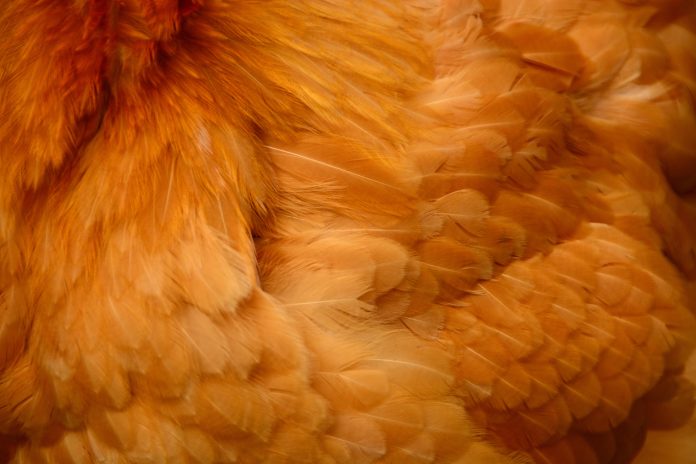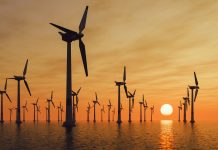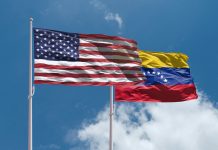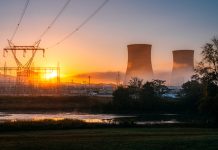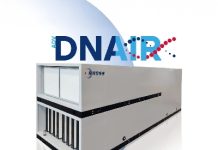The food industry generates vast poultry-related waste, with 40 million tonnes of chicken feathers incinerated yearly, causing CO2 emissions and toxic gas production. This is why clean energy is so necessary
Researchers at ETH Zurich and NTU Singapore have developed an eco-friendly method to extract keratin from feathers, transforming it into amyloid fibrils.
These keratin fibrils are incorporated into fuel cell membranes, enabling clean electricity generation. This will help power a net-zero economy.
A sustainable energy solution through clean energy
Fuel cells create CO2-free electricity from hydrogen and oxygen, offering a sustainable energy solution. The keratin-based membrane is environmentally friendly and cost-effective, replacing toxic materials in conventional membranes and reducing the carbon footprint cycle.
Overcoming hydrogen production challenges
Hydrogen production remains energy-intensive due to its scarcity in pure form on Earth.
The keratin membrane could prove valuable in hydrogen production through electrolysis, enhancing efficiency by allowing proton migration between anode and cathode even in pure water.
The researchers are focusing on assessing the durability and stability of the keratin membrane.
They have filed a joint patent and seek investors to develop further and commercialise this technology, potentially revolutionising the clean energy landscape.
Sustainable energy: Cost-effective and environmentally friendly
In conclusion, using chicken feathers to create clean electricity through keratin-based membranes holds tremendous promise for a more sustainable future.
With its cost-effectiveness and environmental compatibility, this technology could be crucial in reducing carbon emissions and advancing clean energy solutions.
As we face pressing concerns regarding climate change and the transition to cleaner energy sources, this innovation stands out as a beacon of hope.
Its potential to reduce carbon emissions and contribute to a greener energy landscape cannot be overstated, marking a pivotal step in our quest for a cleaner, more sustainable world.

